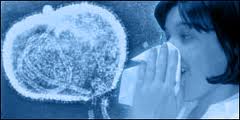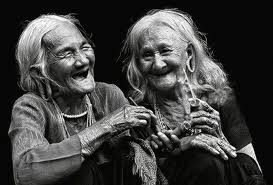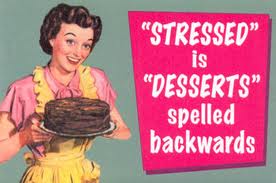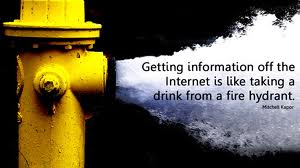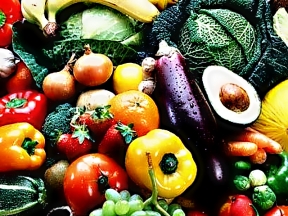
Food is such an interesting topic. It’s an integral part of our lives and we keep hearing about how it affects our health and well-being. It seems to me that there are always diets touting particular health benefits that all have convincing arguments for embracing that diet. I remember the time I decided to become vegetarian. I was in college and went off campus to have a burger with a friend. The burgers were big—at least a half of a pound and with all the other stuff under the bun, it was a huge sandwich. In fact, when I was finished, I got a terrible stomachache that lasted well into the night. This was an unusual experience for me and soon afterwards, I swore off of meat completely. I just couldn’t bear having that experience again. This was during the time when Frances Moore Lappe had just published Diet for a Small Planet and I was learning the value of fully blended amino acids from eating beans and rice (instead of meat).
Curiously, I have noticed that over the years I have continued to seek out information about the relationship between diet and health. Perhaps not all that unusual, I ended up relinquishing my vegetarian diet. After cooking vegetarian recipes for years, I needed new guidance for cooking non-vegetarian. I tried a number of diet approaches among them being the Zone Diet by Barry Sears. Since cholesterol runs high in my family, this seemed like a good choice and while it was OK, it never did lower my cholesterol. I then pursued the Mediterranean diet with the benefits of seafood, good olive oil and red wine containing resveratrol. I liked that diet but it too was not achieving a reduction in cholesterol for me. For many years I was always leery of eating too many eggs because of the fear they would clog up my arteries (that was and still is believed by many today to be true, even by many mainstream doctors).
Read More »Self-Care Tip #8: Eating Consciously
